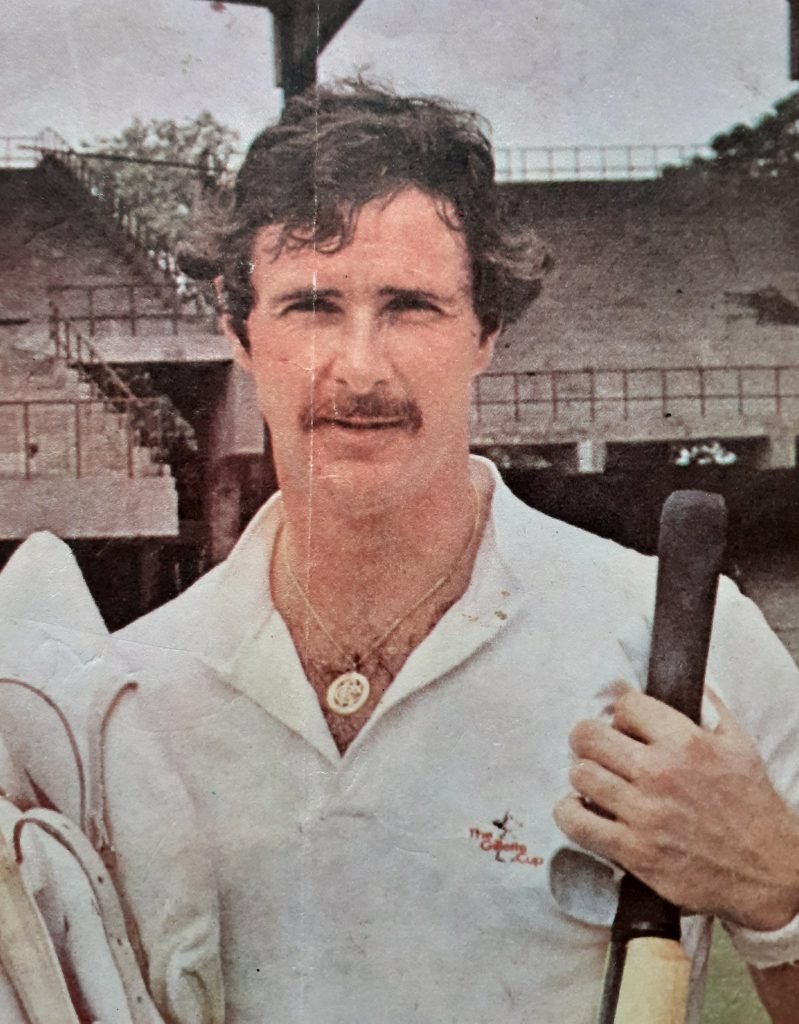At ADELAIDE, during the fifth Test of Home Ashes series 1978–79, there was the site later for the showdown in what became popularly known as the Yallop-Hogg affair. This was no love affair, and in fact, there were plenty of heated words exchanged on and off the field. At one stage, Hogg suggested we survey the back of the Adelaide Oval, and I don’t think he had a tennis match in his mind.

Our differences of opinion came within an over of England’s first innings in the Brisbane Test. He took it upon himself to change the field placement without consulting me. I had never experienced anything like this before, and I was just open-mouthed in astonishment. I immediately had a chat with him and suggested that we work out the field placement together, and he agreed to that principle.
But within a couple of deliveries, he was at it again. He gets so wrapped up in what he is doing that he forgets about everything and takes matters into his own hands. He showed a lack of regard for my position as captain and apparently believed that while he was bowling, everything should center on him and his wishes.
I believe that a bowler should be happy with his field placement, and this is all right up to a point. You cannot have a bowler running the whole side while the captain sits by and watches. Hogg has a lot of ideas about various positions, and I respect them, but I also disagree with a lot of his theories.

If I don’t think that a particular field placement is in the general interests of the team, I will not buckle to the bowler’s request. So we started off on the wrong foot in this regard, and a few minutes later, he shocked me again. After only three overs, he walked up to me and said he was tired and would not be bowling the next over. He didn’t ask if we needed another over from him; he simply threw me the ball and said he had had enough. He is certainly a man of surprises, I thought at the time.
But what could I do? I tried to reason with him, play on his national pride and importance to the team, plead with him, and even demand an extra burst. You can lead a horse to water, but you can’t make him drink. So I stood in the middle of the Gabba with the ball in my hand, watching him walk away as if he had just done me a favor.
Then in Perth, it was on again. I won the toss and put England in to bat, and Hogg had 2-0 as England crashed to 2-3. The visitors were on the run against the seaming new ball on a wicket that gave enormous help to the fast bowlers, and we were in the box seat. So what happens? With dream figures of 2-0 after three overs, Hogg hands me the ball and says he has had enough for the time being and that he is taking a breather.
I just stood there in disbelief this time, not able to say a word. You would have to rip a bloke’s arm out of the socket to get the ball from him in normal circumstances, but here Hogg was Hogg surrendering it—in fact, throwing it away. I copped a fearsome blast of criticism for “taking him off,” and that compounded that situation: he was the one who didn’t want to bow, but I was the one who copped the lot from the public and the media.
Read More: Bill O’Reilly – One of Greatest Australian Leg Spinner
